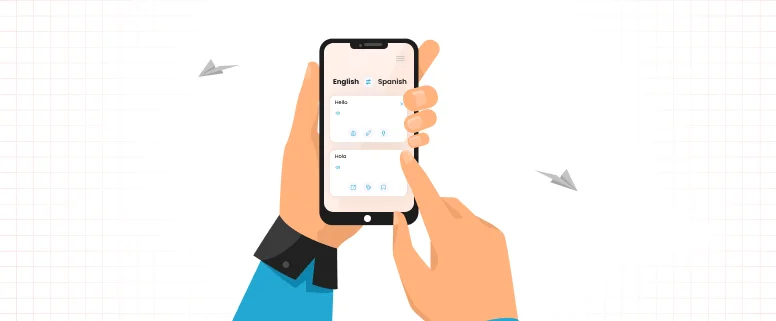An English-speaking shop assistant would greet a customer by saying “can I help you ?” or “what can I do for you ?”,while Chinese shop assistant would say “ni mai shen me ?” or “Ni yao dian shen me ?” (what are you going to buy ?). The English answer for “thank you ” is “you are welcome”, while the Chinese answer would be “bu xie” “bu ke qi”or “bu yong xie”.
“Excuse me” is widely used among English speaker when they cough, sneeze, or make a mistake while speaking or reading aloud. Chinese speaker, however, do not offer an apology in these cases. When a person sneezes, people nearby would often say “you ren xiang ni le” (someone is missing you), or “you ren shuo ni le.”(someone is talking about you.), or humorously “shui zai ma ni le .
Read Also: Comparison of English and Chinese Expressions in Social Contact (II)
”(Someone is calling your names.). An English speaker would probably say “god bless you”. In English, people say “excuse me” when they ask for information or help, while in Chinese, people would say “dui bu qi” or “lao jiao” in similar situations.
When a man meets a woman for the first time, a Western man may compliment a woman on her appearance and the woman will respond by saying “Thank you!”, However ,a Chinese man usually does not compliment a woman on her appearance, and if he is too generous with his praises, she might view him as frivolous and become angry.
In China, people of the opposite sex usually keep a distance from one another and rarely show affection in public, even between husband and wife. In the West, women may show affection for each other openly but intimate physical contact between men is kept to a minimum so as to avoid being misunderstood as gays.
Are you looking for Chinese Translation? We are here for your assistance.
The Chinese of the same sex may show physical affection for one another in public. Two girls or boys may put their arms around each other’s shoulders or hold hands in public, and they would not be regarded as lesbians or gays.
A woman host tells his guests at the dining table to “help yourself” or “make yourself at home”, while a Chinese host would say “man man chi”(please eat slowly) or “duo chi dian”(please eat more) and would pick some food, put it on the guests’ plates and try every means to encourage them to drink more. It is acceptable for the guests to talk and laugh loudly, because Chinese people like the lively atmosphere.
Take a look at how we helped our client by localizing their project for Chinese language. Click here to read the complete case study









